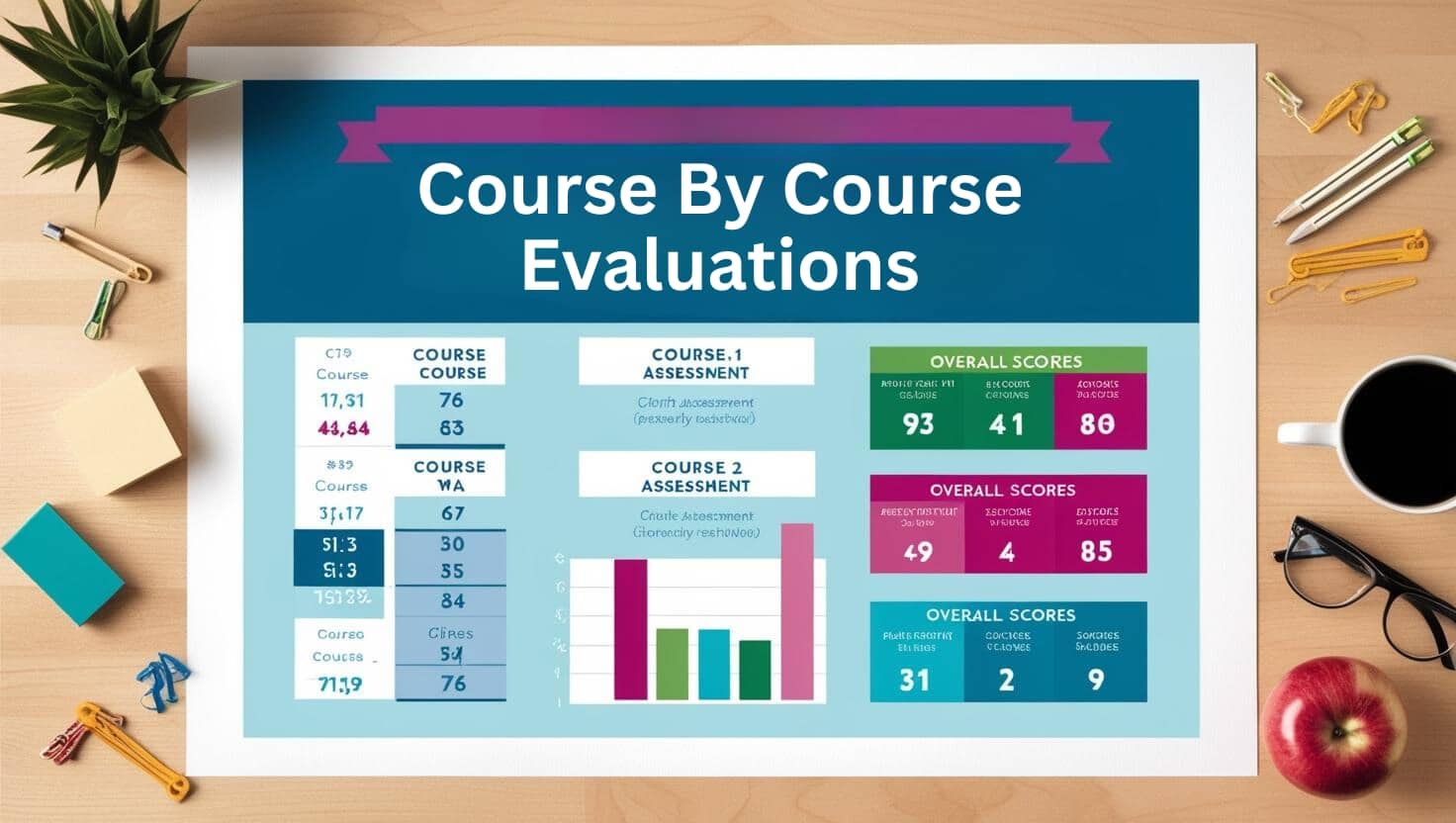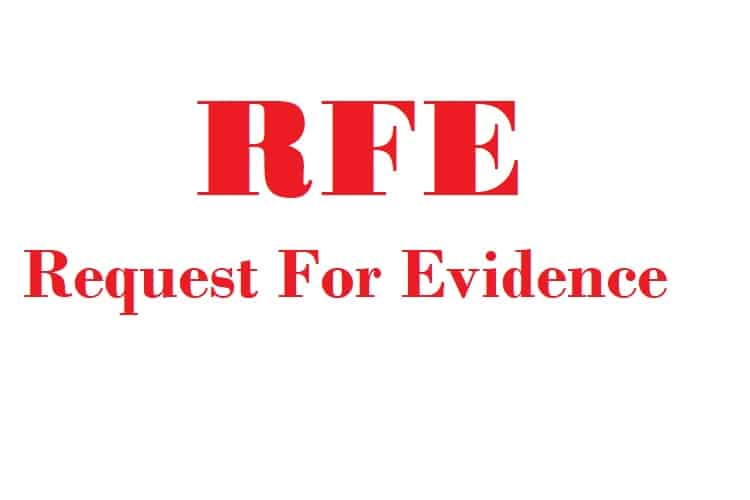Introduction
In a significantly interconnected world, the importance of academic credential examinations can not be overstated. As people look for opportunities beyond their home countries-- be it for education, work, or expert licensing-- the requirement for accurate and fair evaluations of their qualifications becomes paramount. The procedure of academic credential evaluation works as a bridge between varying instructional systems, ensuring that qualifications are acknowledged and valued appropriately.
This thorough post will delve into the complexities of ensuring fairness and precision in academic credential assessments globally, checking out various elements consisting of methodologies, challenges, and finest practices. We will likewise take a look at the role of global credential assessment services, course-by-course assessments, work experience evaluations, skilled viewpoint letters, and business strategy examinations in facilitating this essential process.
Understanding Academic Credential Evaluation
What is Academic Credential Evaluation?
Academic credential examination is a systematic procedure that evaluates the equivalency of educational qualifications gotten in one country compared to those in another. This examination can significantly affect a person's chances in college admissions, job placements, or professional licensing.
Why is Academic Credential Evaluation Important?
The significance lies in its capability to offer clarity to companies, educational institutions, and licensing bodies relating to an applicant's certifications. By standardizing assessments across varied academic backgrounds, it reduces the threat of predispositions based upon unfamiliar educational systems while promoting fairness.
The Function of International Credential Evaluation Services
International credential assessment services https://squareblogs.net/schadhsytp/h1-b-bridging-the-space-just-how-work-experience-evaluation-improves-your (ICES) play a critical function by acting as intermediaries who examine foreign instructional credentials. These companies use knowledgeable critics who are experienced about various educational systems worldwide.

Benefits of Utilizing International Credential Assessment Services:
- Expertise: They have specialized understanding about various instructional systems. Credibility: Acknowledged examinations enhance the legitimacy of candidates' credentials. Comprehensive Reports: They offer detailed reports that summary equivalencies and recommendations customized to specific needs.
Types of Academic Credential Evaluations
Course-by-Course Credential Evaluation
A course-by-course credential assessment offers in-depth analysis at the course level rather of simply summarizing degrees or diplomas. This type is especially beneficial for individuals looking for admission to higher education institutions or those needing exact information for licensing purposes.
Key Functions:
- Detailed breakdown obviously taken Grades received Credit hours transformed to comparable systems
Work Experience Evaluation
While formal education is important, numerous specialists have considerable work experience that adds to their qualifications. A work experience evaluation evaluates this practical experience against established standards.
Importance:
- Validates abilities obtained through employment Offers insights into professional readiness Can boost an individual's standing when making an application for tasks or additional education
Expert Viewpoint Letter
A specialist opinion letter is often utilized when standard documentation can not be supplied. It provides insights from a certified critic concerning the validity and relevance of a candidate's credentials or experience.
Usage Situations:
- Unusual instructional paths Non-traditional qualifications Gaps in official education documentation
Business Strategy Evaluation
For entrepreneurs aiming to broaden internationally or seeking financing based upon their scholastic qualifications and experiences, a business plan evaluation examines not only the business's viability however likewise how academic achievements support entrepreneurial endeavors.
Challenges in Academic Credential Evaluations
Variability Across Educational Systems
One significant difficulty depends on the intrinsic distinctions in between global educational systems-- what makes up a bachelor's degree in one nation might not align with another's requirements. This can cause discrepancies in examinations if not thoroughly managed.
Fraudulent Credentials
With the rise in need for quick examinations comes an increase in fraudulent files. Evaluators should be vigilant versus fake diplomas and transcripts while adhering to ethical standards.
Cultural Biases
Cultural biases can inadvertently influence critics' understandings of foreign qualifications. It is important for critics to undergo training that cultivates cultural proficiency and awareness.
Best Practices for Making sure Fairness
Establishing Clear Guidelines
Establishing clear standards and standardized procedures can reduce disparities. Regulatory bodies ought to supply structures that worldwide credential examination services must follow.
Continuous Training for Evaluators
Regular training sessions concentrating on updates in worldwide education systems ensure critics stay existing with patterns and modifications affecting scholastic qualifications worldwide.
Utilizing Technology
Leveraging technology such as AI-driven algorithms can improve effectiveness while likewise flagging possible discrepancies during evaluations-- a vital step towards preserving accuracy.
Ensuring Fairness and Precision in Academic Credential Evaluations Globally
To successfully ensure fairness and precision internationally within scholastic credential assessments needs collaboration amongst nations, regulative bodies, and evaluating organizations. Each stakeholder plays an important role:

By cultivating open interaction channels amongst these groups, we can develop a more fair landscape for all parties involved in academic credential assessments globally.

Emerging Patterns in Academic Credential Evaluations
Online Learning Credentials
As online learning gains appeal, there's a growing requirement for examining non-traditional learning environments such as MOOCs (Huge Open Online Courses). Comprehending how these fit into traditional frameworks presents new opportunities-- and obstacles-- for evaluators.
Micro-Credentials
Micro-credentials represent specific skills instead of entire degrees. As markets evolve quickly due to technological improvements like automation or AI combination into various sectors; comprehending how micro-credentials equate into traditional credentials structures becomes pivotal.
Frequently Asked Concerns (Frequently asked questions)
What is a scholastic credential evaluation?- A scholastic credential examination systematically compares foreign instructional qualifications with those acknowledged locally to ensure appropriate recognition throughout varying systems.
- Credentials are frequently required by employers or educational institutions to confirm certifications before working with or confessing prospects from other countries.
- The timeline differs depending on the organization however normally ranges from a couple of days up to a number of weeks based on complexity.
- Common types include course-by-course assessments, work experience assessments, professional viewpoint letters, and service strategy evaluations.
- Most reliable examining agencies have processes for appeals if you think your examination was inaccurate; it's vital first to review their particular guidelines.
- Yes! Numerous respectable companies assess online courses; nevertheless; it depends on each institution's policies relating to approval requirements for online knowing experiences.
Conclusion
In conclusion, ensuring fairness and accuracy in academic credential evaluations worldwide is not simply an administrative need; it's fundamental for developing trust across borders while empowering people pursuing opportunities worldwide through confirmed accomplishments. By addressing difficulties head-on with robust practices tailored towards evolving landscapes-- like technological shifts-- we stand poised not simply to acknowledge merit however champ equality among varied populations aiming towards shared goals across our global society!